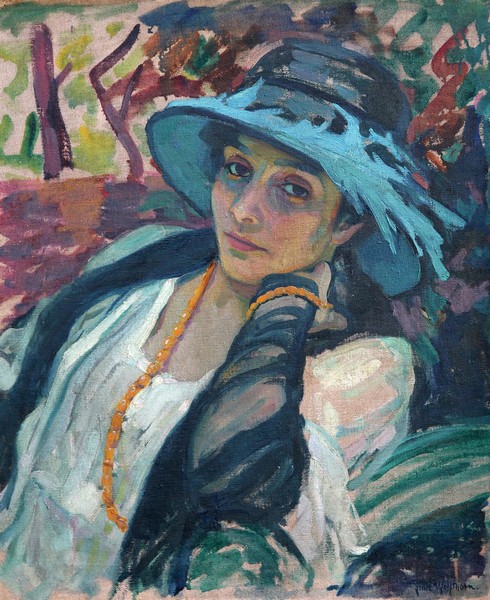
In October 1924, an article about Gabriel Fauré was published in The Musical Quarterly. The author was the composer Aaron Copland, who through his composition hoped to introduce to the American academic community a work that was not widely known in his country at that time. A few weeks later, on November 9, the French composer would die.
About the songs, the author said:
“All these songs have one quality in common: their exquisitely intimate character. One feels as if the smallest concert hall must be too large to contain their fragile beauty.”
If you're familiar with Fauré's songs, you'll recognize them in Copland's appreciation; they are of an intimate beauty and sometimes even engrossed. The song I propose for this week does not break with this pattern, but the composer may have wanted to share a wink or joke with the listener.
Poème d’un jour is the first cycle of songs by Fauré, a short triptych that must be performed together. It tells us about a fleeting love story, a story of a day, or a night or even a few weeks. Does that make it less true? Who knows? Love lasts what it lasts. The first song, Rencontre, tells us about a love at first sight that is illuminated by the sunset; the poetic voice, constantly looking for its ideal, falls in love with a woman in whom he recognizes a twin soul. The second, Toujours, is a passionate declaration of eternal love; here the composer moves away from his usual line, the character of this song reminds us of another one we heard a while ago, Fleur jetée.
Finally, we have arrived at the farewell, Adieu, the song we are listening to this week. Given that we are accustomed to musical broken relationships being agitated and painful, it may be surprising to discover the serene tone with which it commences. Nevertheless, it is Fauré, isn't it? The song advances with its beautiful melody and maintains serenity until the end, when the poet and composer surprise us with a calm and determined "adieu" addressed to the beloved. Didn't he just swear a few hours ago to be unable to separate from her? Note that he says “adieu”, not “au revoir”, which would leave the door open for an eventual reunion.
As I mentioned, the song is not far from Fauré's usual tone. However, it is the conclusion of an atypical cycle, considering the story it tells, and much has been said about the reasons that pushed the composer to write it. Without arriving at any conclusion, of course.
Gabriel Fauré composed Poème d'un jour in 1878, at his thirty-three. One of the reasons given for explaining the cycle is that his engagement was cancelled shortly before, when everything was ready for the wedding; having little information, I find that it would be a quite phlegmatic reaction for the composer. Furthermore, I find the other theory much more interesting, so we will leave aside his love life and approach the musical life of Paris.
Many years ago I told you about the struggle between romance and mélodie, two genres that are close to each other, but with significant differences, which coexisted for a while; you can check that article if you want to know a bit more, and I try to summarize here quickly. Romance was the native French song genre, lacking in artistic aspirations and mostly aimed at entertainment, first at the court, and then, among the bourgeoisie. When the Lied arrived in France, it became clear that romance was irrelevant. While some believed that the best option was to abandon it and seek a path of their own following the example of Lied, others defended its artistic possibilities and dedicated themselves to it.
And so we arrived in 1878, in which, for example, the songs of Jules Massenet, romances, and those of Fauré, mélodies, coexisted. There was nothing to say about Massenet's musical quality, but it seems that Fauré reproached its sentimentalism, so much of the taste of the audience of the romance; he found the collections he published with such success to be too saccharine. And this could be the origin of Poème d’un jour, an ironic or mocking reference to these songs.
What are the sources of this theory? In one hand, the poems are an atypical love story in the poetry of the time. The verses are by Charles Grandmougin, a poet best known for his librettos, such as the oratorio La vierge de Massenet or the opera Hulda by César Franck. The fact that the three poems were never published and had an unknown origin suggests that Grandmougin might have written them specifically for these songs.
Another reason for suspicion is the title of the cycle, Poème d'un jour. Look at the title of some of the collections that Massenet had published until then: Poème d’avril, Poème du souvenir, Poème pastoral, Poème d’octovre, Poème d’amour... There are no comments needed. As I always tell you, we won't solve the mystery here and now, but does the theory seem consistent?
We will hear Adieu performed by Nicolai Gedda and Aldo Ciccolini in a recording that is probably from 1967, I've been unaable to verify the date. I apologize for the poor quality of the sound, but I think it's worth it to listen to Gedda sing. As always, I suggest that if you find the song interesting, try listening to the entire Poème d'un jour; you will be done in seven minutes.
Comme tout meurt vite, la rose
Déclose,
Et les frais manteaux diaprés
Des prés;
Les longs soupirs, les bienaimées,
Fumées!
On voit dans ce monde léger
Changer,
Plus vite que les flots des grèves,
Nos rêves,
Plus vite que le givre en fleurs,
Nos coeurs!
À vous l'on se croyait fidèle,
Cruelle,
Mais hélas! les plus longs amours
Sont courts!
Et je dis en quittant vos charmes,
Sans larmes,
Presqu'au moment de mon aveu,
Adieu!


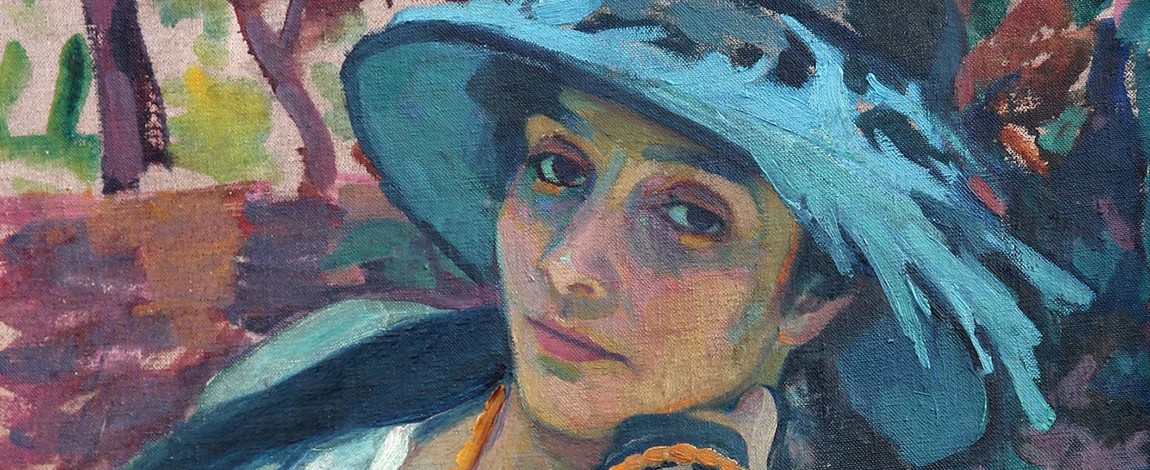
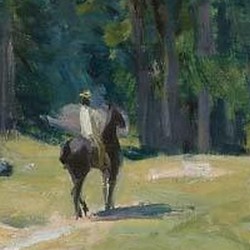
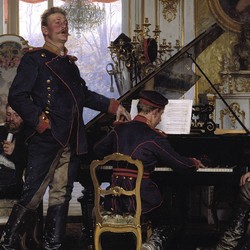
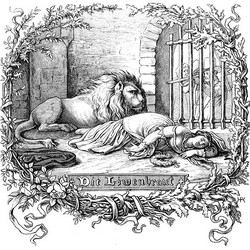












Comments powered by CComment